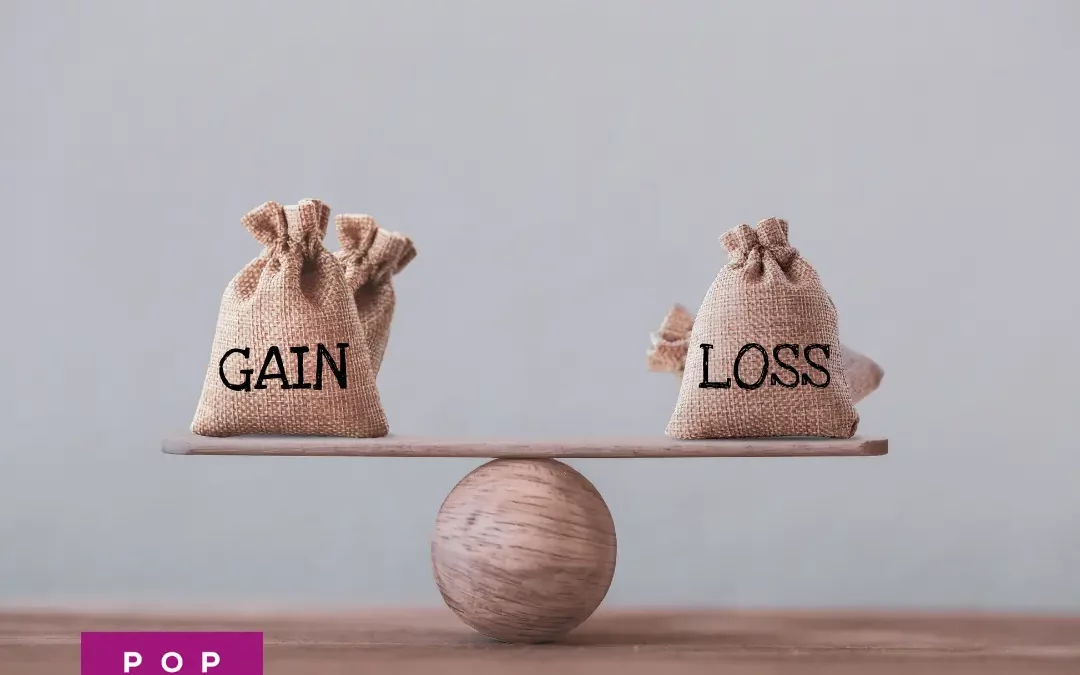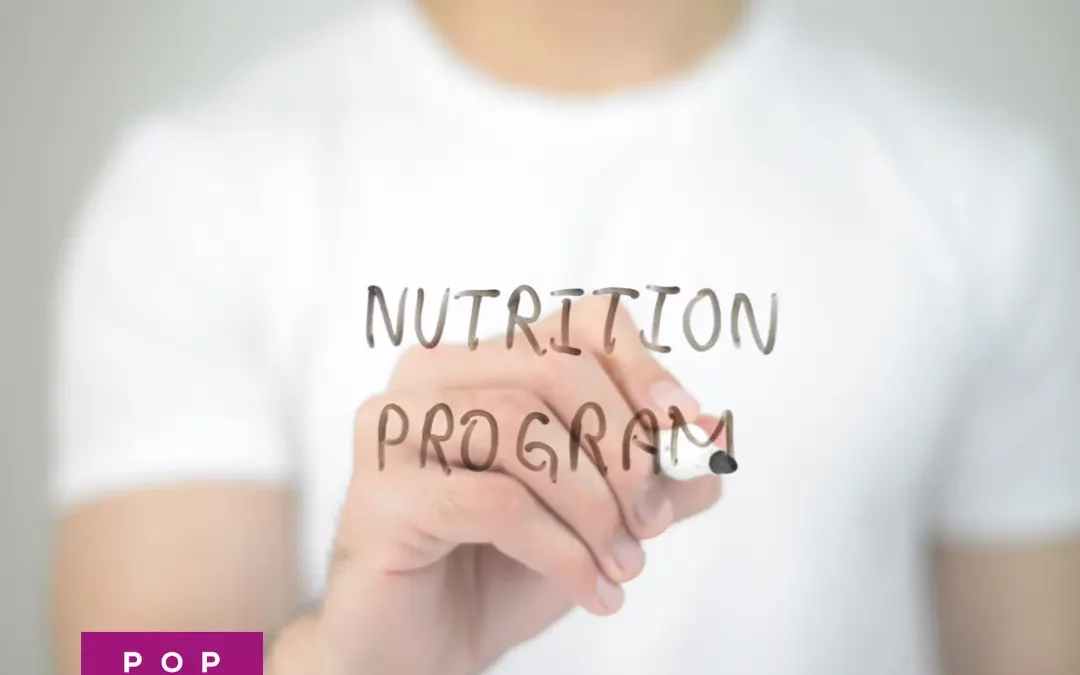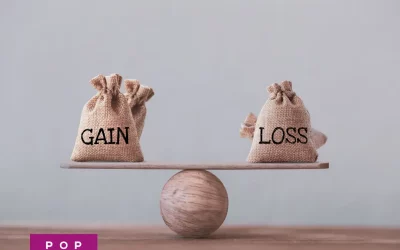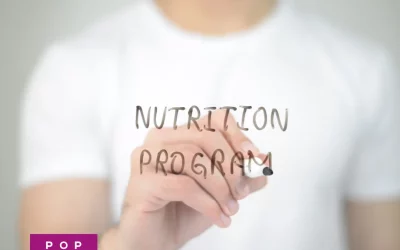The cockroach of fitness and nutrition.
This mofo just won’t die.
No matter how many times we try to stomp on it, bury it, get rid of it for good …
It just keeps on coming back.
I’m referring to: Eating less and exercising more.
How many times have you been given that advice?
Probably in the hundreds? Or thousands?
I thought we, as an industry, were ready to move past it but I still see it everywhere.
IG posts, cookie cutter programs, doctor recommendations …
Truly the cockroach of fitness and nutrition.
I actually made a post the other day that essentially said that eating less and exercising more is highly overrated.
And, a personal trainer took it upon himself to tell me that it was a “zero IQ” post.
Not sure how he guessed my IQ score but I still stand by my statement.
Eating less and exercising more is HIGHLY ineffective as a long term intervention.
Which is basically how it’s prescribed.
The classic blanket statement that people make when giving advice to someone who wants to lose weight.
Can it work for a short period of time?
Sure.
But, it’s damn near impossible to maintain.
So, let’s break down all of the reasons why it falls flat as a long term strategy and why we need to exterminate this cockroach once and for all.
Here’s why eating less is NOT the answer:
In no particular order…
1. It increases hunger via an increase in gherlin (the hunger hormone) and decrease in leptin (the satiety hormone).
2. It widens the energy gap (less energy coming in) which creates more fatigue.
3. It adds stress to a potentially already stressed out system. (Calorie restriction is a stressor. Exercise is a stressor.)
4. It suppresses immune function (energy preservation).
5. It makes you hangry (increase in cravings and decrease in serotonin).
6. It lowers your sex drive (energy preservation + sex hormone down regulation).
7. It kills your motivation (decrease in dopamine).
8. It slows down your metabolism (lowering of thyroid, increase in cortisol).
9. It makes it harder to stay consistent (constantly relying on willpower).
10. It causes cycle loss and/or irregularities (energy preservation).
11. It makes you a shitty partner and parent (quicker to snap, less patient, mood instability due to lower serotonin and GABA).
12. It makes you more prone to injury (less energy for recovery/repair).
13. It causes sleep disturbances (higher cortisol, lower serotonin).
14. It impacts your social life (more disordered thoughts around food / constantly thinking about food).
15. It causes binge episodes (your body will find a way to get what it requires).
16. It causes weight gain (increase in number of fat cells when you inevitably overeat).
17. It makes each successive attempt at fat loss more difficult (your body will adapt quicker).
18. It causes self doubt and shame (you feel like a failure for not being able to maintain your results).
19. It creates an all or nothing mindset (you’re either dieting hard or off the rails).
20. It caters to your desire for instant gratification (it keeps you from playing the long game that is necessary for success).
Short term vs. long term strategy
Even with an IQ of 0, I can clearly see that eat less, exercise more is not a long term strategy that we should be utilizing.
Now, there are some people who can benefit greatly from this intervention for a short period of time.
Mainly, individuals who are chronically overeating and living a very sedentary lifestyle.
But even still, the execution of this approach is often completely misapplied.
Rather than a gradual approach that starts with a little more movement and a little less calories …
It often is suggested to rip the band-aid off and eat like a squirrel while training like a beast.
Think: The Biggest Loser.
For those that don’t know … all of the contestants gain the weight back and end up in a metabolically compromised state.
Why our 1:1 coaching program is so successful
This is exactly why I talk so much about Metabolic Priming.
It’s why it’s one of the cornerstone pillars of our 1:1, 6-month coaching program.
Here’s the beauty of effectively priming your metabolism (which essentially means eating adequately enough to support your activity, stress levels, and to ensure proper recovery) …
Once you’ve achieved homeostasis through this process … your body will gladly let go of unwanted body fat because it feels safe in doing so.
You’re no longer fighting against it.
You’re working with it.
Many of our clients get leaner through the process of priming.
And, many of our clients get leaner immediately after the priming phase is complete.
We use the eat less, exercise more intervention VERY sparingly and not the way you see it implemented with most programs.
Quite simply … we know too much and take too much pride in delivering sustainable results.
This is just one phase of our 3 phase process that’s part of the POP Method where our clients lose an average of 20-30 lbs. in 6 months and completely heal their relationship with food.
It’s perfect for individuals who are tired of the diet roller coaster and want to end the frustration of feeling like nothing will ever work for them.
If that sounds like you shoot me a private message on FB.
I’ll ask you a few qualifying questions and if we decide it’s a good fit on both sides, we can get started right away.







